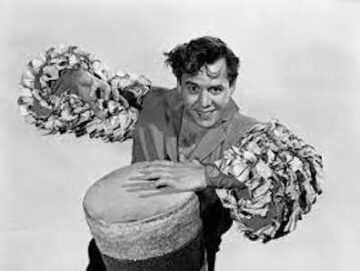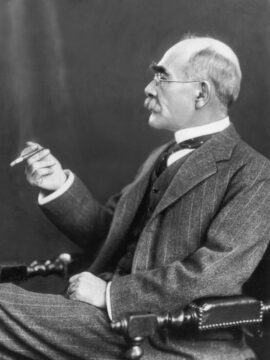“Georgia on My Mind” was composed and recorded by Hoagy Carmichael (lyrics by Stuart Gorrell) in 1930. Born in 1899 and dying in 1981, Carmichael composed several hundred songs, many of which became hits, including “Stardust,” “The Nearness of You,” “Heart and Soul,” “Skylark,” and “In the Cool, Cool, Cool of the Evening.” These songs are important contributions to an amorphous and sprawling body of popular song sometimes called “the American Songbook.” The composers of these songs are said to be denizens of “Tin Pan Alley,” at the center of which we find the Brill Building, just north of Times Square at Broadway and 49th Street. For a while Carmichael worked for Southern Music, which had its office in the Brill Building.
Here is Carmichael’s 1930 recording of “Georgia on My Mind.” Many, though by no means all, standards, as they are sometimes called, have the same general form: AABA. Each letter stands for phrase eight measures, or bars, long. The A sections have the same melody and harmony which the B section has a different, and often contrasting, melody (along with its underlying harmony).
This recording begins with a short introduction featuring violinist Joe Venuti, followed by Carmichael coming in on the vocal (c. 0:15). We hit the B section at about 0:51. The B section is often called the “bridge,” presumably because it connects two A sections. Carmichael repeats the A-strain 1:08 starting at 1:08 and ending with a short violin phrase from Venti. Starting at about 1:26 the performance becomes purely instrument. First, we have what sounds like a muted trombone solo, which pretty much sticks to the melody. At 2:01 Venuti plays a violin solo on the bridge. At 2:21 we return to the A-strain with Jack Teagarden on trombone improvising a solo. That ends with the full band playing a chord at 2:39 followed by an 8-bar cornet solo played by Bix Beiderbecke (his last). Venuti, Teagarden and especially Beiderbecke were important musicians in their own right.
Notice Carmichael’s voice. It’s dry, and not particularly mellifluous. His style is relaxed, verging on conversational. It’s a style made possible by technology, a style that would be all but hopeless in live performance without a microphone and amplification. By the same token, it’s a style well-suited to recording, which was still a relatively new medium at the time. It’s a style that owes a lot to Louis Armstrong. Carmichael and Armstrong knew one another and Armstrong performed some of his song’s, e.g. “Rockin’ Chair.” Read more »


 In philosophical debates about the aesthetic potential of cuisine, one central topic has been the degree to which smell and taste give us rich and structured information about the nature of reality. Aesthetic appreciation involves reflection on the meaning and significance of an aesthetic object such as a painting or musical work. Part of that appreciation is the apprehension of the work’s form or structure—it is often the form of the object that we find beautiful or otherwise compelling. Although we get pleasure from consuming good food and drink, if smell and taste give us no structured representation of reality there is no form to apprehend or meaning to analyze, so the argument goes. The enjoyment of cuisine then would be akin to that of basking in the sun. It is pleasant to be sure but there is nothing to apprehend or analyze beyond an immediate sensation.
In philosophical debates about the aesthetic potential of cuisine, one central topic has been the degree to which smell and taste give us rich and structured information about the nature of reality. Aesthetic appreciation involves reflection on the meaning and significance of an aesthetic object such as a painting or musical work. Part of that appreciation is the apprehension of the work’s form or structure—it is often the form of the object that we find beautiful or otherwise compelling. Although we get pleasure from consuming good food and drink, if smell and taste give us no structured representation of reality there is no form to apprehend or meaning to analyze, so the argument goes. The enjoyment of cuisine then would be akin to that of basking in the sun. It is pleasant to be sure but there is nothing to apprehend or analyze beyond an immediate sensation.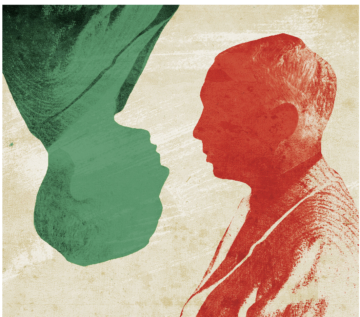

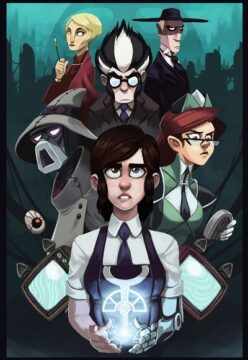

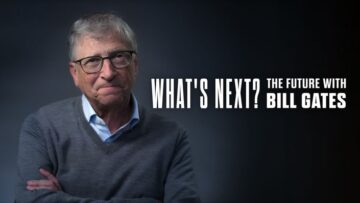 Bill Gates has long been one of the world’s leading optimists, and his new documentary, “What’s Next,” serves as a testament to his hopeful vision of the future. But what makes Gates’s optimism particularly compelling is that it is grounded not in dewy-eyed hopes and prayers but in logic, data, and an unshakable belief in the power of science and technology. Over the years, Gates and his wife Melinda, through their foundation, have invested in a wide array of innovative technologies aimed at addressing some of the most pressing issues faced by humanity. Their work has had an especially transformative impact on underserved populations in regions like Africa, tackling fundamental challenges in healthcare, energy, and beyond. In this new, five-part Netflix series, Gates showcases his trademark pragmatism and curiosity as he engages with some of the most complex and important challenges of our time: artificial intelligence (AI), misinformation, inequality, climate change, and healthcare. His approach stands out especially for his willingness to have a dialogue with those with whom he might strongly disagree.
Bill Gates has long been one of the world’s leading optimists, and his new documentary, “What’s Next,” serves as a testament to his hopeful vision of the future. But what makes Gates’s optimism particularly compelling is that it is grounded not in dewy-eyed hopes and prayers but in logic, data, and an unshakable belief in the power of science and technology. Over the years, Gates and his wife Melinda, through their foundation, have invested in a wide array of innovative technologies aimed at addressing some of the most pressing issues faced by humanity. Their work has had an especially transformative impact on underserved populations in regions like Africa, tackling fundamental challenges in healthcare, energy, and beyond. In this new, five-part Netflix series, Gates showcases his trademark pragmatism and curiosity as he engages with some of the most complex and important challenges of our time: artificial intelligence (AI), misinformation, inequality, climate change, and healthcare. His approach stands out especially for his willingness to have a dialogue with those with whom he might strongly disagree. I lived in Philadelphia in 1977 and would go to the Gallery mall on Market Street, a walking distance from our river front apartment. One day, around lunch, I decided to get Chinese food at the food court and looking for a place to sit, I asked two older ladies if I could sit at their table, since the place was packed. As I was picking through the food, separating the celery and water chestnuts, one of the old ladies said
I lived in Philadelphia in 1977 and would go to the Gallery mall on Market Street, a walking distance from our river front apartment. One day, around lunch, I decided to get Chinese food at the food court and looking for a place to sit, I asked two older ladies if I could sit at their table, since the place was packed. As I was picking through the food, separating the celery and water chestnuts, one of the old ladies said 

 Sughra Raza. Meadowstream Afternoon, Maine, 2001.
Sughra Raza. Meadowstream Afternoon, Maine, 2001.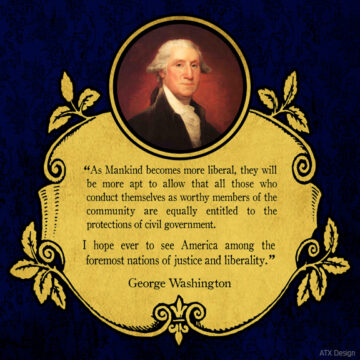 By all accounts, Alexandre Lefebvre’s new book,
By all accounts, Alexandre Lefebvre’s new book,  Enjambment is often an invitation to surprise. The line following a deftly deployed line break can serve as an answer to a question; it can, when done well, have an oracular quality, the feeling of a koan. Take for example Cameron Barnett’s powerful poem “Emmett Till Haunts the Library in Money, MS” published in his 2017 collection The Drowning Boy’s Guide to Water. Written in the voice of Till, the fourteen-year-old Black child from Chicago lynched in Mississippi in 1955 whose murder drew attention to anti-Black violence in the United States, Barnett’s poem uses line breaks as a means to defer meaning between stanzas, and thus to generate a heightened sense of awareness. Taking as its conceit the otherworldly haunting of the Money, Mississippi library, a liminal, bardo-like space where Till’s consciousness is able to narrate even after death, the narrator’s individual thoughts are often divided across stanzas, a line break functioning as a type of psychic pause before the thought is completed. For example, in the final line of the first stanza in a three-stanza poem, Barnett writes “Mamie always preached,” completing that thought at the first line of the second stanza with “good posture, so I sit straight at least.”
Enjambment is often an invitation to surprise. The line following a deftly deployed line break can serve as an answer to a question; it can, when done well, have an oracular quality, the feeling of a koan. Take for example Cameron Barnett’s powerful poem “Emmett Till Haunts the Library in Money, MS” published in his 2017 collection The Drowning Boy’s Guide to Water. Written in the voice of Till, the fourteen-year-old Black child from Chicago lynched in Mississippi in 1955 whose murder drew attention to anti-Black violence in the United States, Barnett’s poem uses line breaks as a means to defer meaning between stanzas, and thus to generate a heightened sense of awareness. Taking as its conceit the otherworldly haunting of the Money, Mississippi library, a liminal, bardo-like space where Till’s consciousness is able to narrate even after death, the narrator’s individual thoughts are often divided across stanzas, a line break functioning as a type of psychic pause before the thought is completed. For example, in the final line of the first stanza in a three-stanza poem, Barnett writes “Mamie always preached,” completing that thought at the first line of the second stanza with “good posture, so I sit straight at least.”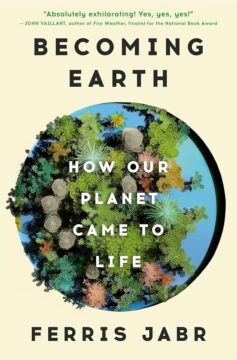 Books on nature abound. More recently, physicist Helen Czerski’s deep knowledge of the seas functioning as an ‘ocean engine’ in Blue Machine: How the Ocean Shapes the World, elevates our understanding of the ocean and provides us with a new appreciation of its integral role in the Earth’s ecosystem. Volcanologist Tamsin Mather ‘s Adventures in Volcanoland: What Volcanoes Tell Us About the World and Ourselves is also another beguiling journey into the awesome history of the ‘geological mammoths’ that are volcanoes and their dynamics, that have changed the surface of the Earth and impacted on its environment.
Books on nature abound. More recently, physicist Helen Czerski’s deep knowledge of the seas functioning as an ‘ocean engine’ in Blue Machine: How the Ocean Shapes the World, elevates our understanding of the ocean and provides us with a new appreciation of its integral role in the Earth’s ecosystem. Volcanologist Tamsin Mather ‘s Adventures in Volcanoland: What Volcanoes Tell Us About the World and Ourselves is also another beguiling journey into the awesome history of the ‘geological mammoths’ that are volcanoes and their dynamics, that have changed the surface of the Earth and impacted on its environment.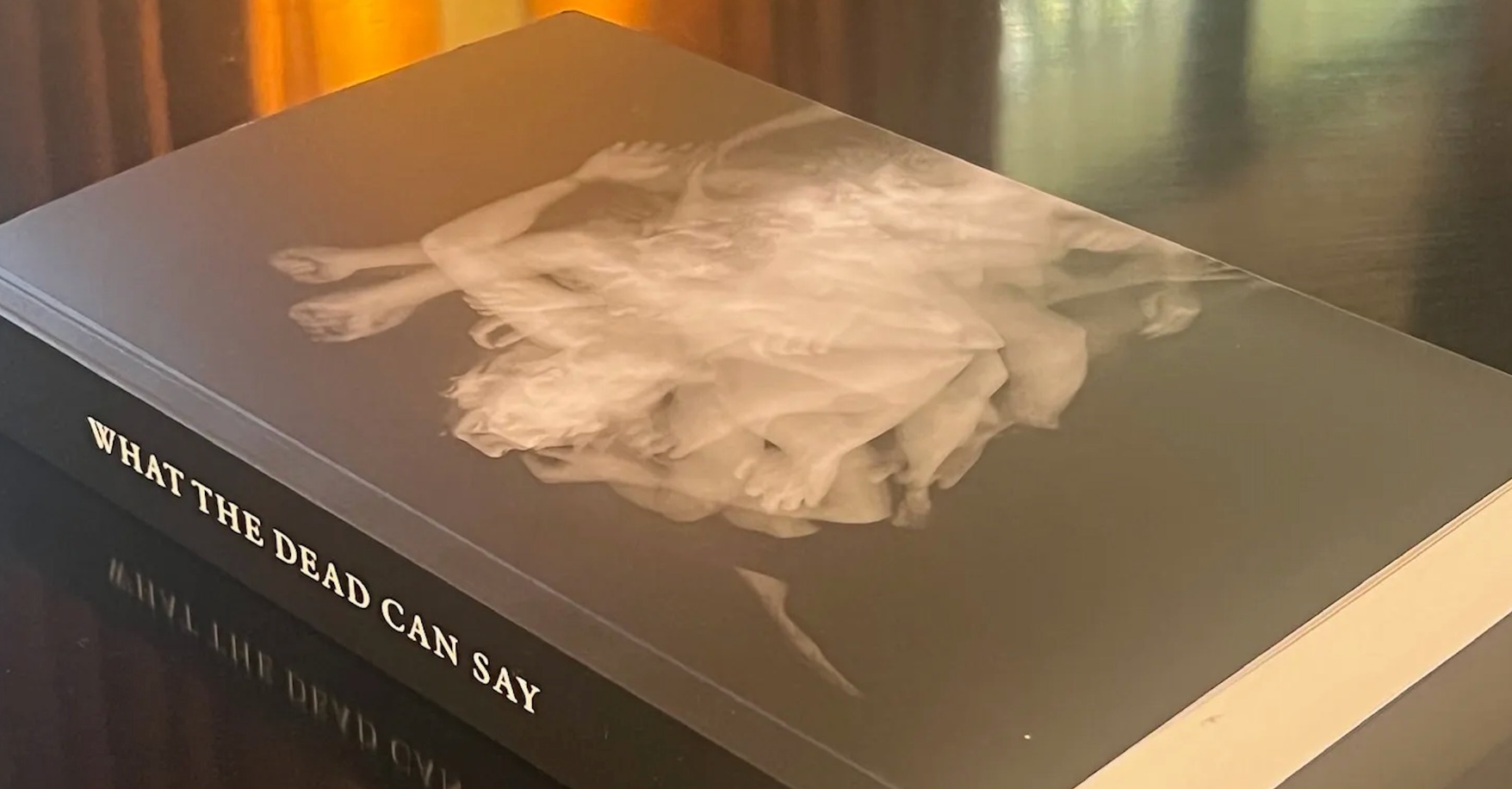 Michele Morano: Philip Graham has long been one of my favorite writers to read and to teach because of his insights, humor, and ability to challenge what we think we see. A versatile author of fiction and nonfiction— whose work has appeared in The New Yorker, Paris Review, Washington Post Magazine, McSweeney’s and elsewhere—Graham chooses subjects that explore the rippling surfaces and deep currents of domesticity at home and abroad. Each of his books illustrates Graham’s powers of perception, interpretation, and experimentation, along with his irrepressible interest in people, the more varied and unlike himself, the better. And each has contributed to the perspective of his latest project.
Michele Morano: Philip Graham has long been one of my favorite writers to read and to teach because of his insights, humor, and ability to challenge what we think we see. A versatile author of fiction and nonfiction— whose work has appeared in The New Yorker, Paris Review, Washington Post Magazine, McSweeney’s and elsewhere—Graham chooses subjects that explore the rippling surfaces and deep currents of domesticity at home and abroad. Each of his books illustrates Graham’s powers of perception, interpretation, and experimentation, along with his irrepressible interest in people, the more varied and unlike himself, the better. And each has contributed to the perspective of his latest project.